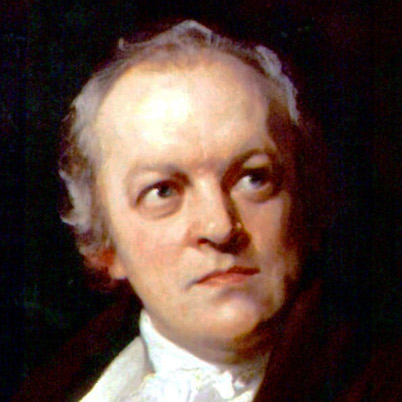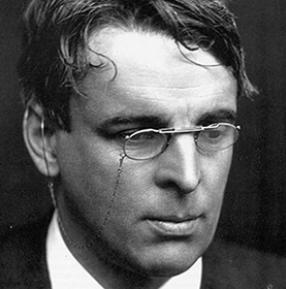The enigmatic man, William Ernest Henley was a prolific writer of the 1800s. Born in England at a time of reformation, this well-educated man from the University of St. Andrews in Scotland was brimming with ideas which he poured into his writings. Henley was a great poet, critic as well as an editor and none of the success in his life came easy. He had a difficult childhood as his father, who was a man of principles, died as a poor bookseller when he was still in his formative years. At the very young age of twelve, the poet suffered from an arthritic ailment due to which he had to lose one leg. All that suffering and loss made him turn to poetry for salvation and he hence he began to write at a very early age.
Most of his works recount the existential problems of leading a human life and he advocates that the toughest situations can be overcome through perseverance and courage. The famous poem Invictus is based upon this ideology and describes the uninhibited power of the mind.
Plot & Setting
The poem was written during a time when the poet was going through a dark phase in his life. A disease of the bone, which was commonly called the Pot’s disease by the locals, had been contracted by Henley during his early days as a teenager and the tuberculosis spread to his legs in the next few years. At the age of seventeen, the doctor involved with his treatment had to amputate one of his legs before it spread any further. The fact that he could come out of this operation with one leg intact was considered a great miracle. Henley, who was still hardly a man, dauntingly braved this situation with a strong mind. The naturally talented poet conceived and wrote the poem Invictus while he was healing after the operation in the infirmary. The poem obviously draws from the personal experiences and thoughts of the poet. The general setting of the poem is dark and troubled but it is also inspiring for the readers and they can draw strength from it even in the bleakest hours.
Summary
The first few lines of the poem are dedicated to the creation of a metaphorical darkness which seems to be devouring the poet with physical force. Henley draws parallels between the biblical representation of Hell as an endless night and the tough situation in life which he was going through at that point of time. Here the term “Black as the pit” refers to hell which is all around him and he thanks the Gods for bestowing upon him the soul of a courageous man. Despite the tough circumstances, the poet finds it in his heart to feel gratitude for having the strength of mind to fight against his illness without even a shred of fear.
In the second paragraph of the poem, the poet talks about the future which can be comprehensively worse than the present. Every human being is afraid of the unforeseen changes in life after a major incident and the thoughts of the poet are no different on this matter. He knows that the coming times may not be easy for him but he is gaining strength from the present to be able to face the future and whatever it may bear- ‘Beyond this place of wrath and tears/Looms but the Horror of the shade’. The surgery that the poet went through altered the course of his life forever making him a cripple in the eyes of the society. It’s a difficult and emotionally tiring experience for any person, let alone for a young man who is about to set his foot out into the world of painful reality.
The poet could understand that from a point of objective perspective that he .0was going through right now was shock and denial at his physical disability but he could also foresee that in the coming future he is going to have to accept his fate with a sigh of resignation and despair which would be even harder for him. The tormented poet goes on to reward himself for being brave by declaring that despite his cursed luck he never once ‘winced nor cried aloud’. It was a moment of much needed self-appreciation and he carves out this sentiment in words through vivid imagery. The line ‘My head is bloody, but unbowed’, tells us of an indomitable spirit that has been beaten but never thwarted. The poet’s resolution to fight till the very end has been stated here with anguished pride. The speaker has no intention of dwelling in the sorrow of today and is in fact trying to fathom the coming storm in his future life. He acknowledges and accepts that death waits for him in the future but is also sure of his fight for life which he can win only by conquering his fears and mastering his soul.
Coming to the final stanza of the poem, the poet maintains the archaic notions of purgatory and death. Through the lines “how strait the gate, How charged with punishments the scroll,” he has illustrated to us that even if the gates of life are narrow and passing over can be full of arduous punishments, he shall cross the bridge with vigor.
Some online learning platforms provide certifications, while others are designed to simply grow your skills in your personal and professional life. Including Masterclass and Coursera, here are our recommendations for the best online learning platforms you can sign up for today.
The 7 Best Online Learning Platforms of 2022
- Best Overall: Coursera
- Best for Niche Topics: Udemy
- Best for Creative Fields: Skillshare
- Best for Celebrity Lessons: MasterClass
- Best for STEM: EdX
- Best for Career Building: Udacity
- Best for Data Learning: Pluralsight













